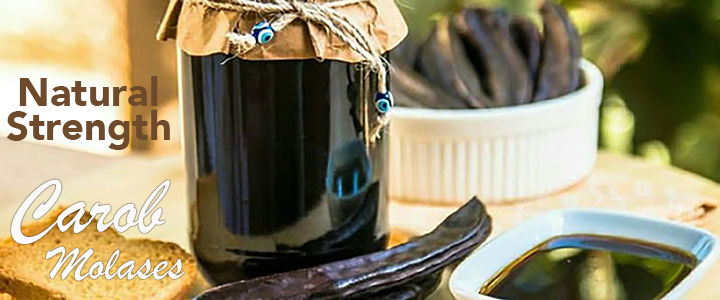English
You have no items in your shopping cart.
Seafood
OLD RIGA Smoked Sprats in Olive Oil (Glass Jar) 250g
Sprats, a marvelous guest from Eastern Europe, with a charming smoked taste and a very interesting meat texture. In our region, something very similar and familiar to us is sardines. To be honest, it's practically the same thing. Sprats and sardines belong to the same species of fish, known as the herring family, but they have a number of differences: 1.Sprats are smaller than sardines 2.Sprats are more nutritious and high-calorie 3.Sprats are silver-grey while sardines are somewhat grey but a lighter shade of grey. Some sardines are whitish. The quality of sardine is determined by the removal of the head and gills. Sprats don’t need to be gutted before they can be eaten. You can consume them as a whole without having to worry about the bones. The bones are a source of calcium and are soft when eaten.
$6.99
OLD RIGA Smoked Sardines in Oil (Glass Jar) 250g
Sardines are longer, weigh more and live longer than sprats. Sprats have a stronger and meatier taste than the fishier sardine. Old Riga Sardines and Sprats are wild caught in northern European seas. Rich in Omega-3 Fatty Acids. Rich in Vitamins B6, B12. Rich in minerals like calcium, magnesium, iron. Bones of sprats are very soft when eaten. Kosher product. BPA Free. Non GMO. Naturally wood smoked and hand packed. Based on old Latvian recipe of 19th century. Only smoked sprat/sardines, tomato sauce, oil and salt.
$5.99
KRINOS Lite Taramosalata (Greek Style Caviar Spread) 227g
Taramosalata is a Greek caviar spread made from delicate fish roe, naturally cured and aged for over one year. Krinos Taramosalata is made with a signature blend of tiny fish eggs, oil, lemon juice and seasonings. Pinkish orange in hue, this delicacy is a classic component of Greek and Turkish meze platters and popular served with aperitifs in France. Yielding a palate-pleasing saltiness, Taramosalata pairs beautifully with unsalted crackers, crunchy baguette or warm pita. As a dip, it adds variety to crudité platters.
$10.99
KRINOS Smoked Taramosalata (Greek Style Caviar Spread) 227g
Taramosalata is a Greek caviar spread made from delicate fish roe, naturally cured and aged for over one year. Krinos Taramosalata is made with a signature blend of tiny fish eggs, oil, lemon juice and seasonings. Pinkish orange in hue, this delicacy is a classic component of Greek and Turkish meze platters and popular served with aperitifs in France. Yielding a palate-pleasing saltiness, Taramosalata pairs beautifully with unsalted crackers, crunchy baguette or warm pita. As a dip, it adds variety to crudité platters.
$10.99
.gif)













































.jpeg)